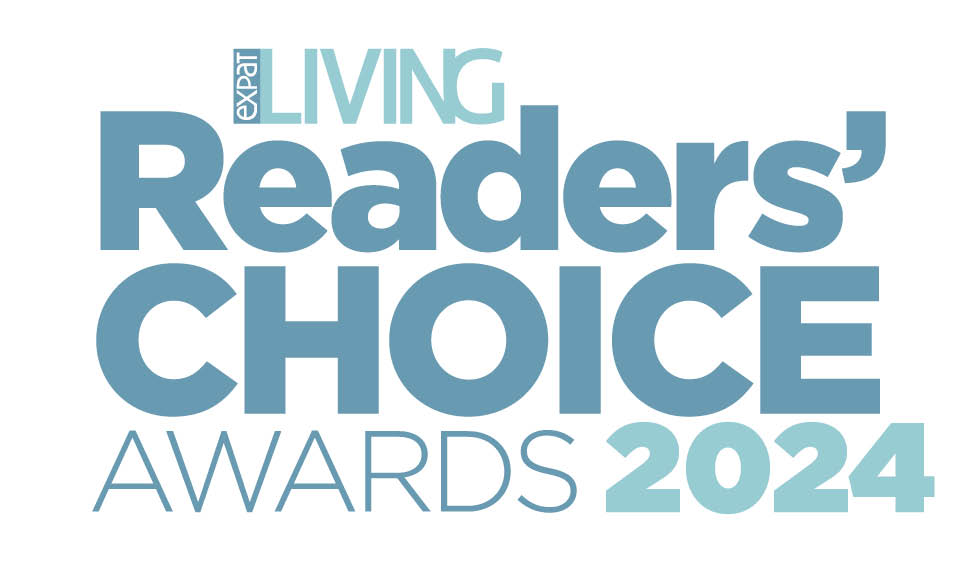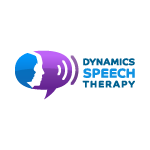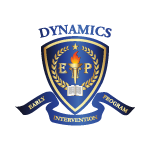
1. Look at the word.
Count the letters. Use colour to highlight silent letters or unusual patterns. Look for stand-out features like double letters, repeated letters, or hidden words inside (e.g. 'elephANT').
2. Know how to read the word, and what it means.
Create and illustrate a sentence containing the word. Practise saying it loud and using it in conversation. Link the word to other words that are related by either meaning or spelling.

3. Separate longer words into chunks.
Split them into syllables or identify roots and affixes. Common prefixes (e.g. 'dis') and suffixes (e.g. 'tion') can be learned separately. Practise writing or reciting one chunk at a time and then recombine them. This will lessen the load on memory.
4. Split a spelling list into sections.
Work on three or four words at a time. If possible, pick out those which share a spelling pattern or common feature to be learned together. Revise them the next day. This will help avoid any frustration or anxiety.
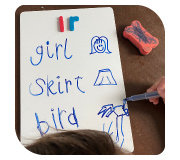
5. Make spelling enjoyable!
Try different activities that engage children's interest more than repetitive writing or reciting. Create word-shapes, build letter pyramids, or come up with mnemonics (the 'o-u-l-d' sequence in 'could' can be remembered as 'Oh U Lucky Duck). High-interest information is retained in memory more readily, and motivation is an important element of successful learning.
|

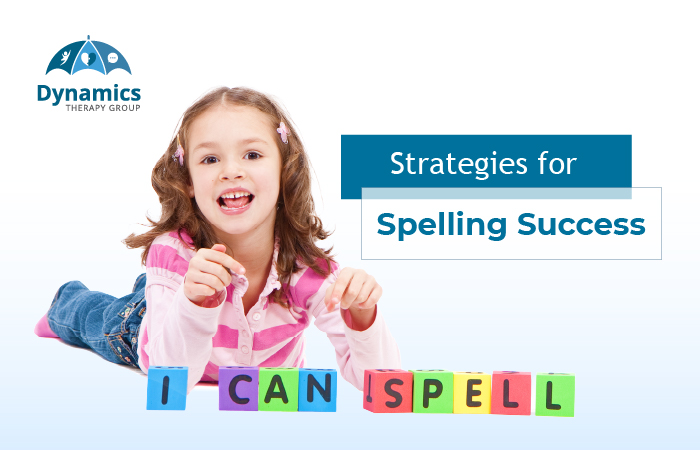
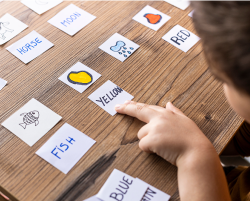 Becoming a confident speller can be a challenge. To learn spelling words effectively, use strategies that are appropriate to the child's age and the type of words being studied.
Becoming a confident speller can be a challenge. To learn spelling words effectively, use strategies that are appropriate to the child's age and the type of words being studied.